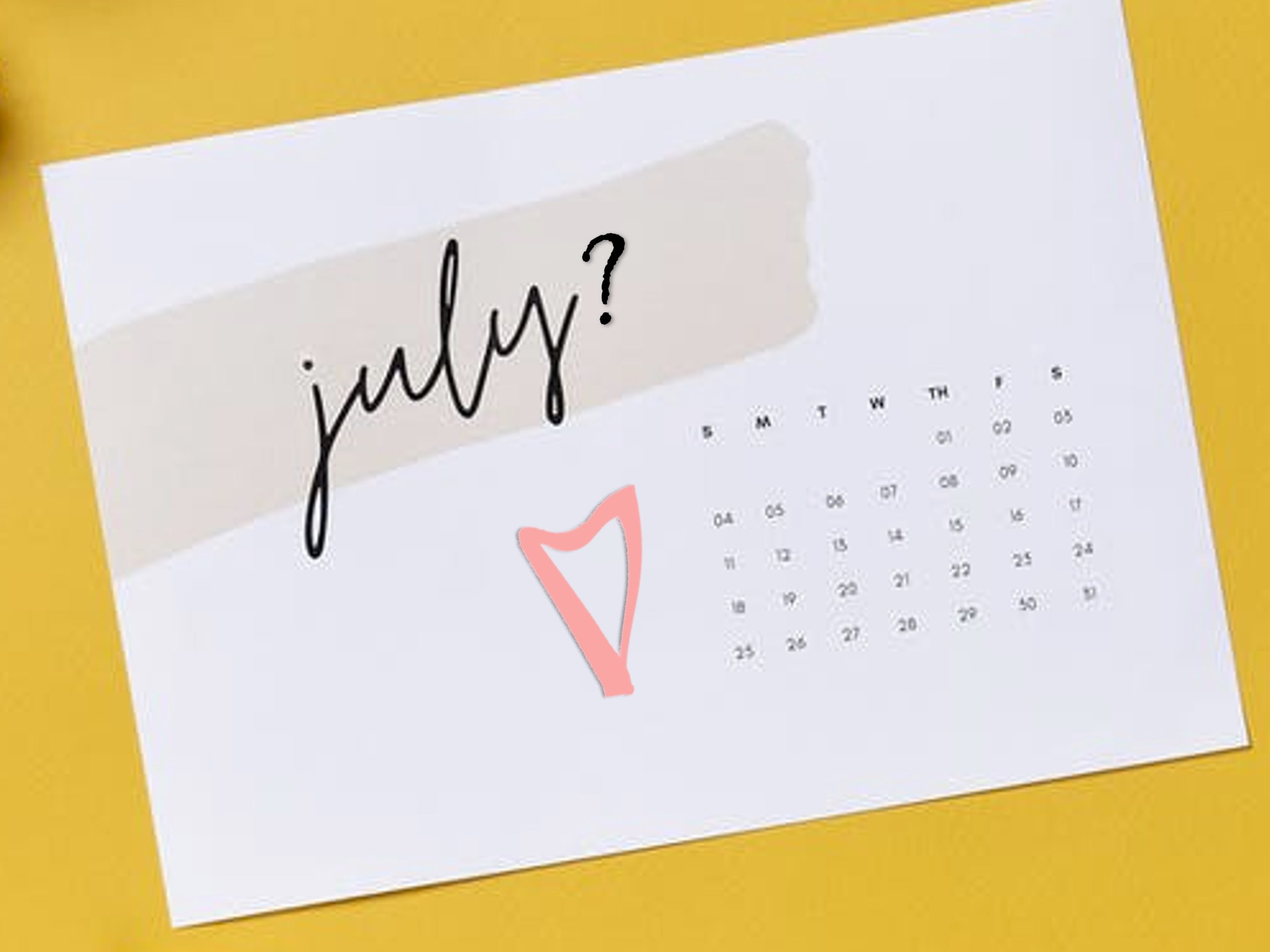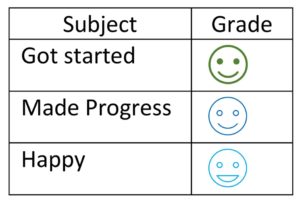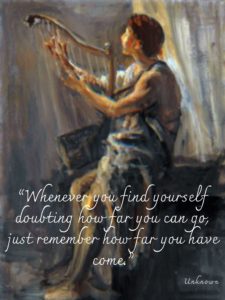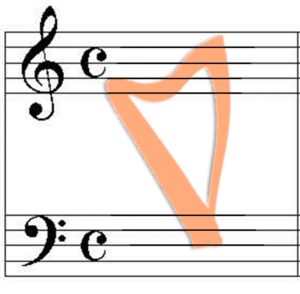What are you going to do this week? It’s a fairly innocuous question. But it has the potential to be a very good week.
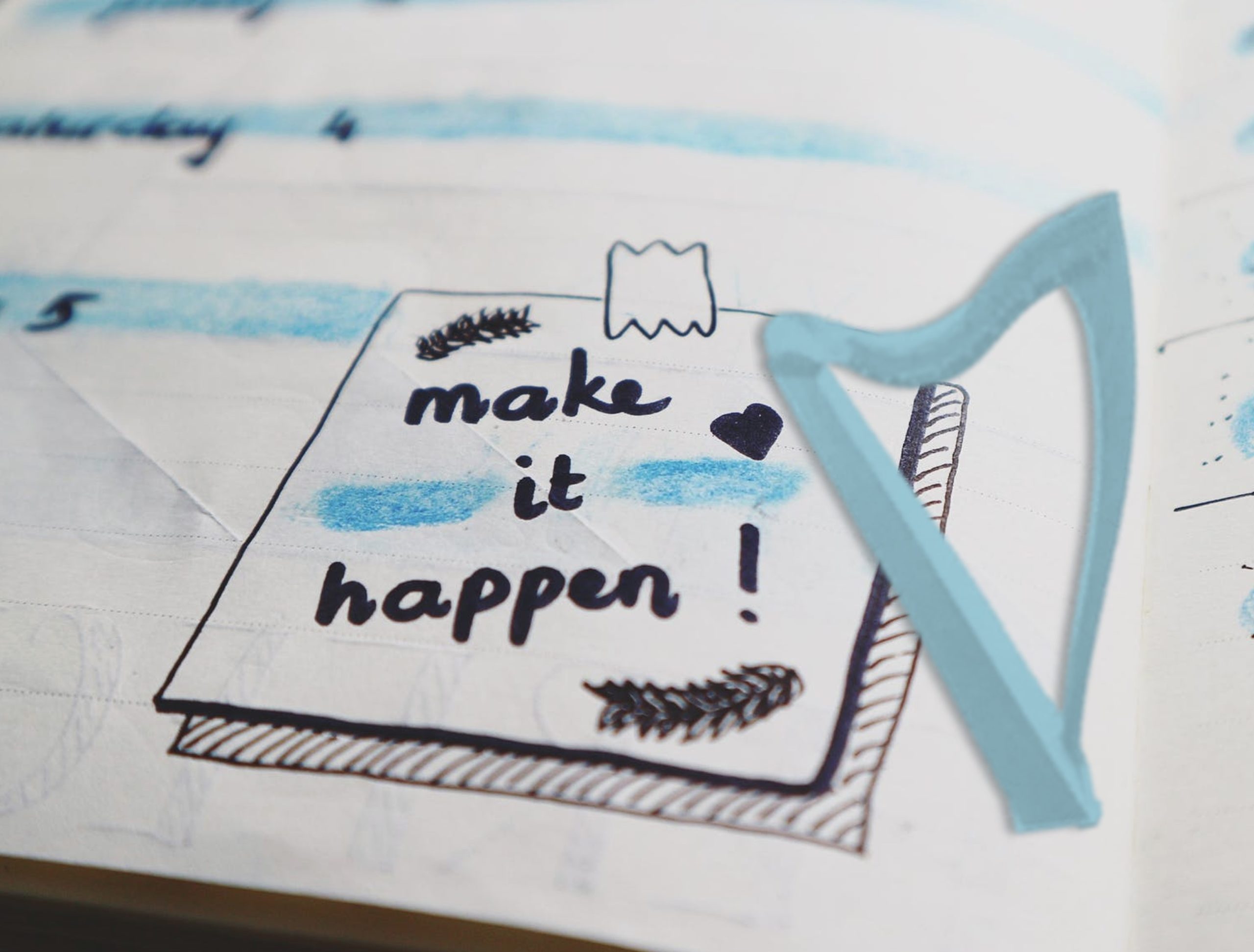 But a little bit of preparation can ensure that it is a very good week. All you’ll need is about 15 minutes and some paper. You can do this on whichever day is your night before your week begins. You know that writing it down helps bring the thoughts out and makes them real.
But a little bit of preparation can ensure that it is a very good week. All you’ll need is about 15 minutes and some paper. You can do this on whichever day is your night before your week begins. You know that writing it down helps bring the thoughts out and makes them real.
So, what should you capture there before you start your week? Here are some ideas:
1. What would you like to accomplish this week? Try to be specific so you’ll know if you’ve done it.
2. Make a plan for each day. Remember that you can include all the things that are part of practicing including analyzing new music, listening to tunes, practicing at the harp, practicing away from the harp, rhythm work, improvising, all the things! Don’t forget to plan which days youl might be away and have little time to practice as well as the days that you know you just really are not going to make it to the bench. Be realistic!
3. Show up – every day. If you have plan, it is certainly easier to stick with it.
4. Don’t waste your time – since you have thought about what you’ll be doing, do it – fully. Don’t skate through your practice.
5. Be present. Put your phone away, turn the tv off, close the door (if you have that luxury). It’s a brief part of your day – be a part of it.
6. Take the good with the not as good (and include the inevitable flow of your development into account when you plan your week.
7. Set your priorities – out loud. You have already set them, whether you articulate them or not, so you might as well include them in your thinking.
8. The clock is your friend. Not only do you want to be sure to have identified when in your day you will sit to play, you also need to know how long you intend to play. Not only do you want to avoid packing it in too early on a rough day, but you also want to keep the rest of your life going too!
9. Make a note – when you’ve done for the day, jot down what you accomplished and what you need to do the next time (which might be a tweak to the plan).
10. Don’t let a little bit of structure make you forget that you enjoy this!
You might also strive to always play at the same time of day. I don’t suggest that only because that I can’t really support that. My schedule is never that regular. If you have (or crave) a very steady schedule, then definitely do try to keep to a scheduled time. But if it doesn’t really drive you, don’t worry about having a regular time – so long as you regularly make time.
Do you have a plan? Will you try some these? Which ones? Let me know in the comments.


